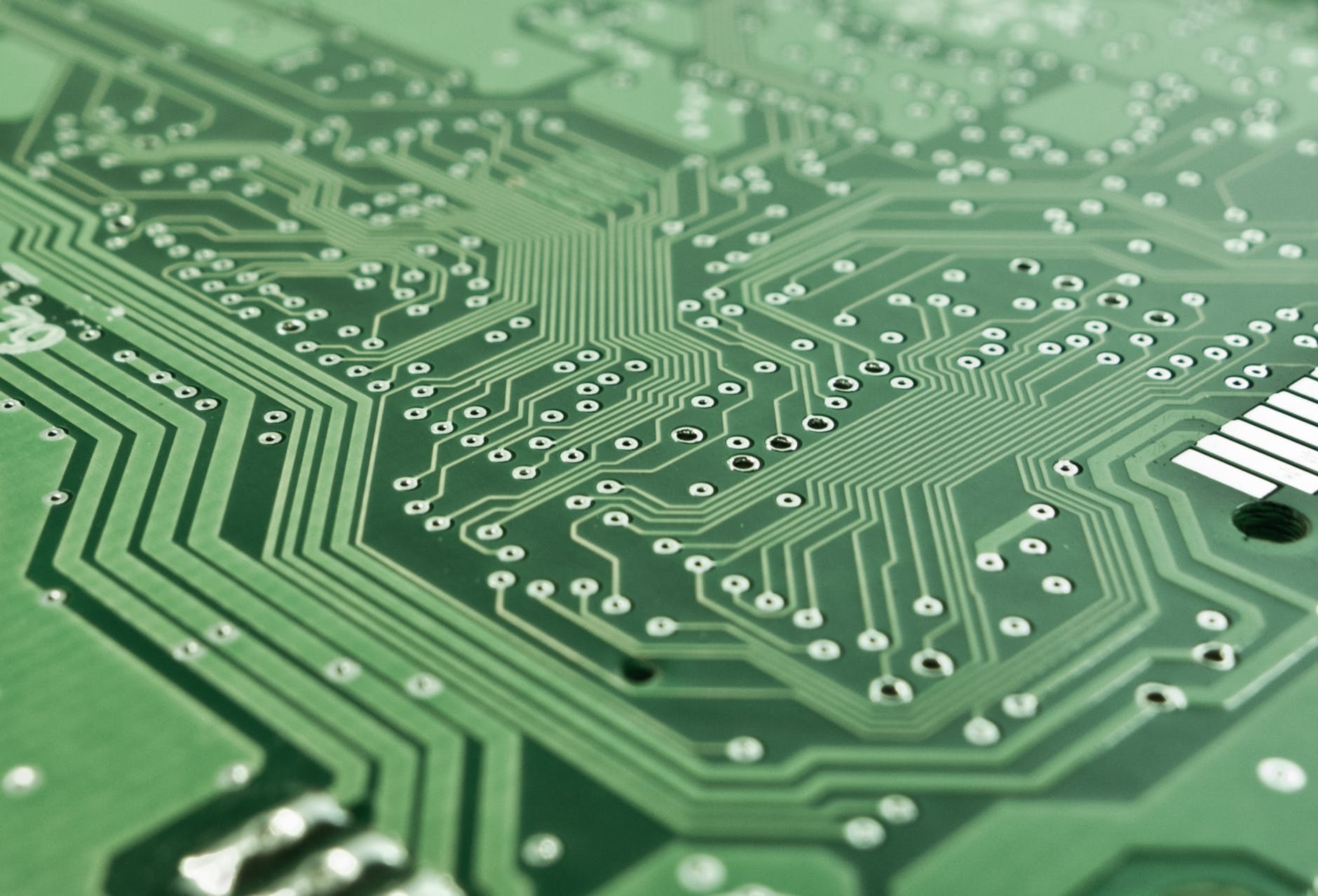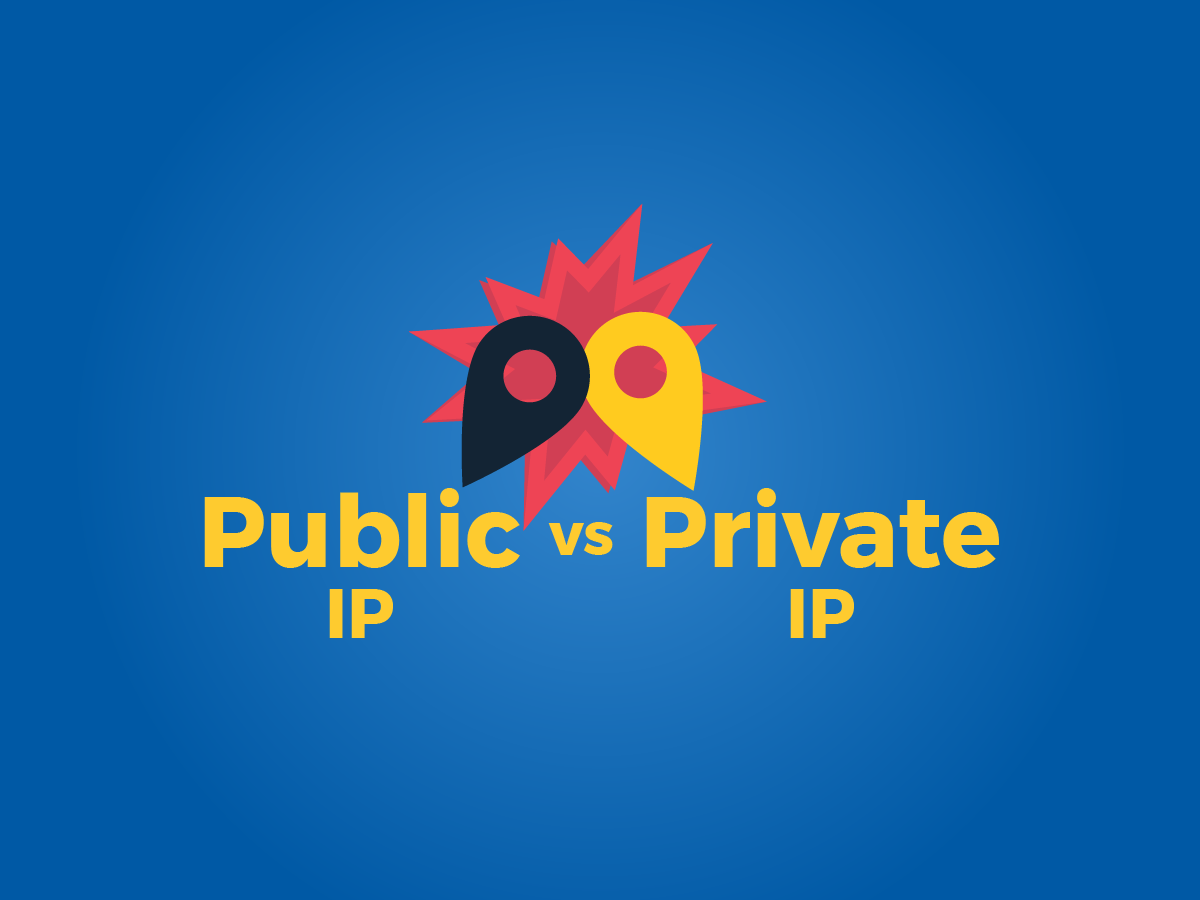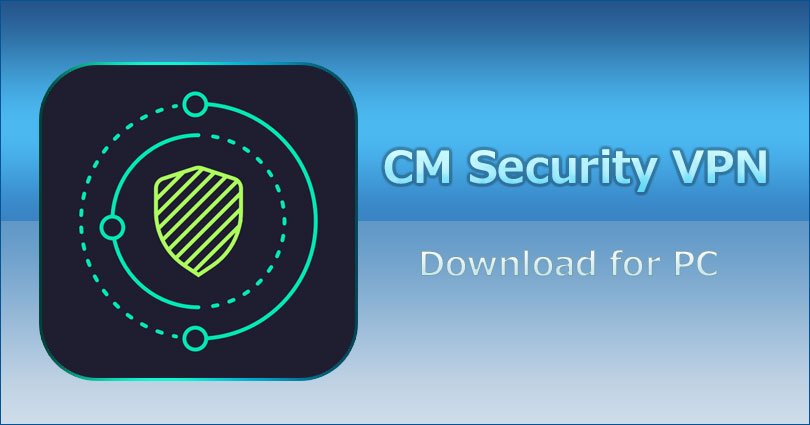What is quantum computing?
Nature, including molecules like caffeine, follows the laws of quantum mechanics, a branch of physics that explores how the physical world works at the most fundamental levels.
At this level, particles behave in strange ways, taking on more than one state at the same time and interacting with other particles that are far away.
Quantum computing takes advantage of these quantum phenomena to process information in a new and promising way.
What are classical computers?
The computers we use today are known as classical computers. They have been a driving force in the world for decades, modernizing everything from healthcare to the way we shop.
But there are certain problems that classical computers will simply never be able to solve.
Consider the caffeine molecule in a cup of coffee. Remarkably, this molecule is complex enough that no computer that exists or can be built can model caffeine and fully understand its detailed structure and properties.
This is the kind of challenge that quantum has the potential to address.
How do quantum computers work?
Classical computers encode information in bits. Each bit can take the value of 1 or 0. These 1s and 0s act as on/off switches that ultimately drive the functions of the computer.
Quantum computers, on the other hand, are based on qubits, which operate according to two key principles of quantum physics: superposition and entanglement. Superposition means that each qubit can represent both a 1 and a 0 at the same time.
Entanglement means that qubits in a superposition can be correlated with each other; that is, the state of one (either a 1 or a 0) can depend on the state of another.
Using these two principles, qubits can act as more sophisticated switches, allowing quantum computers to work in ways that allow them to solve difficult problems that cannot be solved using today’s computers.
overlap and entanglement
It’s okay to feel a little taken aback by these concepts, since we don’t experience them in our everyday lives. It’s only when you look at the tiniest quantum particles (atoms, electrons, photons, etc.) that you see intriguing things like superposition and entanglement.
Superposition is essentially the ability of a quantum system to be in multiple states at the same time, i.e. something can be “here” and “there”, or “up” and “down” at the same time.
Entanglement is an extremely strong correlation that exists between quantum particles, so strong, in fact, that two or more quantum particles can be inextricably linked in perfect harmony, even if they are separated by vast distances. The particles remain perfectly correlated, even if they are separated by great distances.
The particles are so intrinsically connected that they can be said to “dance” in instant and perfect unison, even when placed at opposite ends of the universe. This seemingly impossible connection inspired Einstein to describe entanglement as “an eerie action at a distance.”
Why do these quantum effects matter?
First of all, they are fascinating. Even better, they will be extremely useful for the future of computing and communication technologies.
Thanks to superposition and entanglement, a quantum computer can process a large number of calculations simultaneously. Think of it this way: while a classical computer works with ones and zeros, a quantum computer will have the advantage of using ones, zeros, and “superpositions” of ones and zeros.
Certain difficult tasks that have long been considered impossible (or “intractable”) for classical computers will be accomplished quickly and efficiently by a quantum computer.
What can a quantum computer do that a classical computer cannot?
Factor large numbers, for starters. Multiplying two large numbers is easy for any computer. But calculating the factors of a very large number (eg 500 digits), on the other hand, is considered impossible for any classical computer.
In 1994, a Massachusetts Institute of Technology (MIT) mathematician Peter Shor, who was working at AT&T at the time, revealed that if a fully functional quantum computer were available, it could easily factor large numbers.
What can quantum computers do?
Quantum systems can unravel the complexity of molecular and chemical interactions that lead to the discovery of new drugs and materials. They can enable ultra-efficient logistics and supply chains, such as optimizing distribution operations for deliveries during the Christmas season.
They can help us find new ways to model financial data and isolate key global risk factors to make better investments. And they can make facets of artificial intelligence, like machine learning, much more powerful.
factoring large numbers
No one wants to factor very large numbers. That’s because it’s so hard, even for the best computers in the world today. In fact, the difficulty of factoring large numbers underlies much of our cryptography today. It is based on mathematical problems that are too difficult to solve. RSA encryption, the method used to encrypt your credit card number when you shop online, depends entirely on the factoring problem. The website you want to buy from provides you with a large “public” key (which anyone can access) to encrypt your credit card information.
This key is actually the product of two very large prime numbers, known only to the seller. The only way anyone can intercept the information from it is to know those two prime numbers that are multiplied to create the key. Since factoring is very difficult, no intruder will be able to access your credit card number and your bank account will be safe.
Security issues
Don’t worry: classic crypto isn’t completely compromised. Although certain aspects of classical cryptography would be compromised by quantum computing, quantum mechanics also enables a new type of highly secure cryptography.
What is required to build a quantum computer?
In a nutshell: we need qubits that behave the way we want them to. These qubits could be made of photons, atoms, electrons, molecules, or maybe something else. Scientists are investigating a wide variety of them as possible bases for quantum computers. But qubits are notoriously difficult to manipulate, as any disturbance causes them to fall out of their quantum state. Inconsistency is the Achilles’ heel of quantum computing, but it is not insurmountable. The field of quantum error correction examines how to maintain consistency and combat other errors. Every day, researchers around the world are discovering new ways to make qubits cooperate.
So when will there be a true quantum computer?
It depends on your definition. There are already quantum computers, but they are not powerful enough to replace classical computers. While practical quantum technologies are already emerging, including highly effective sensors, actuators, and other devices, a true quantum computer that outperforms a classical computer is still years away.
Theorists are continually discovering better ways to improve coherence, while researchers gain more and more control over the quantum world through various technologies and instruments. The pioneering work being done today is paving the way for the next quantum age.
So quantum technology is still years away?
No, quantum technologies are already in use.
Some are already commercially available, and will benefit greatly from further research. Although a fully functioning quantum computer is a longer-term goal, many fundamental and practical discoveries have been made in the name of quantum computing.
Quantum sensors and actuators will allow scientists to navigate the nanoscale world with remarkable precision and sensitivity. Such tools will be invaluable for the development of true quantum information processors. The quantum revolution is already underway, and the possibilities that lie ahead are limitless.









